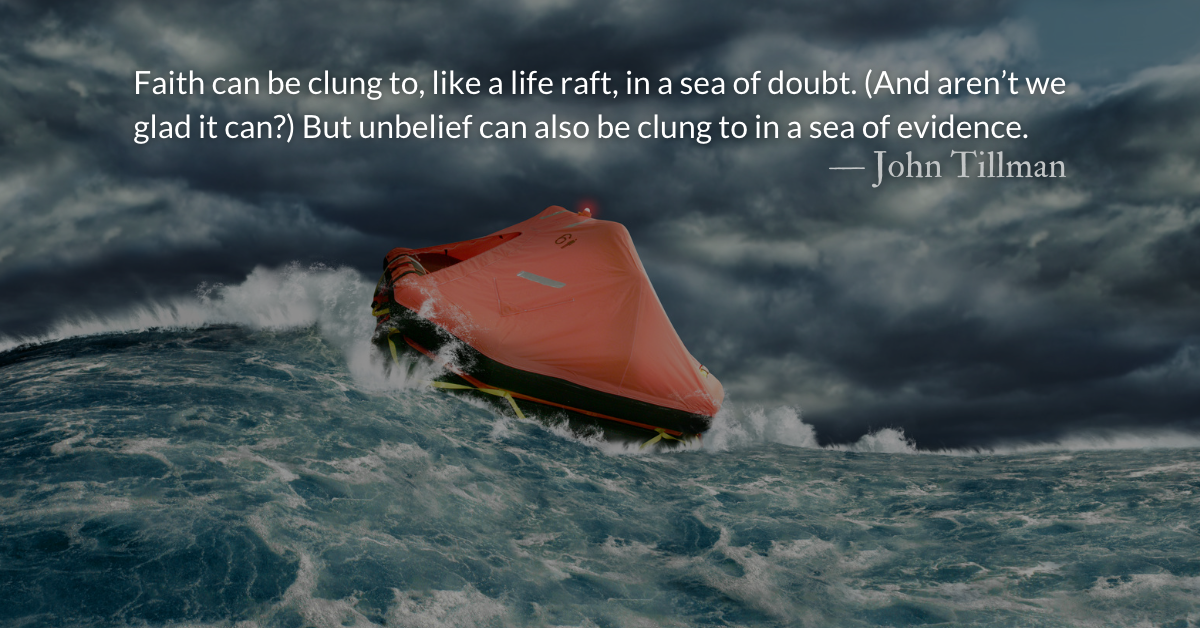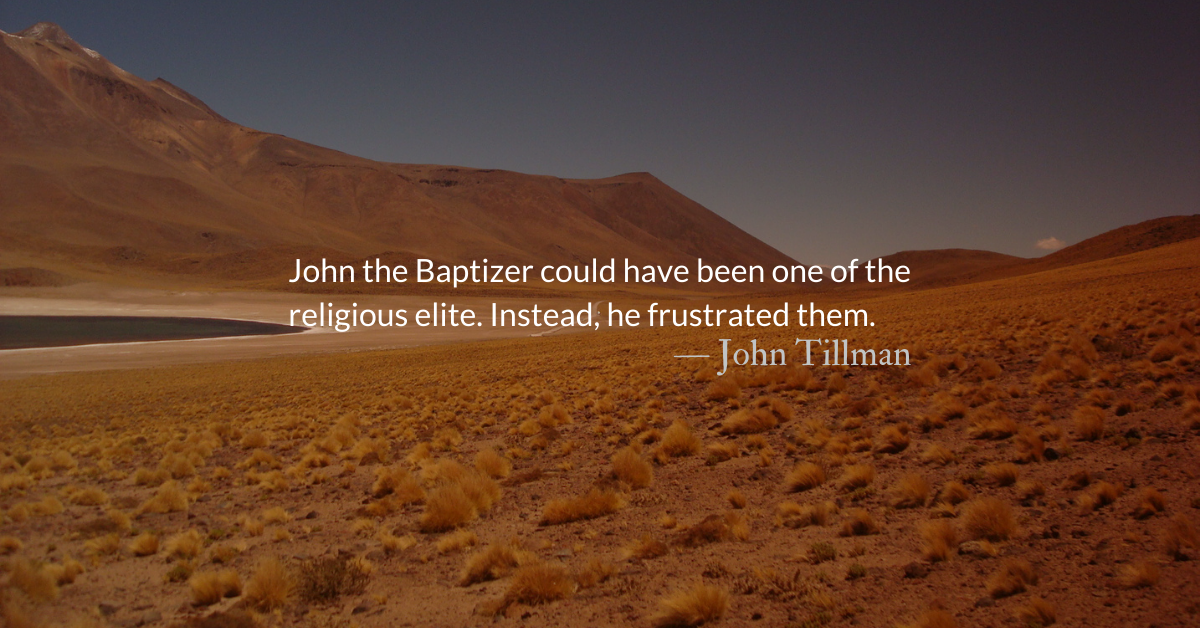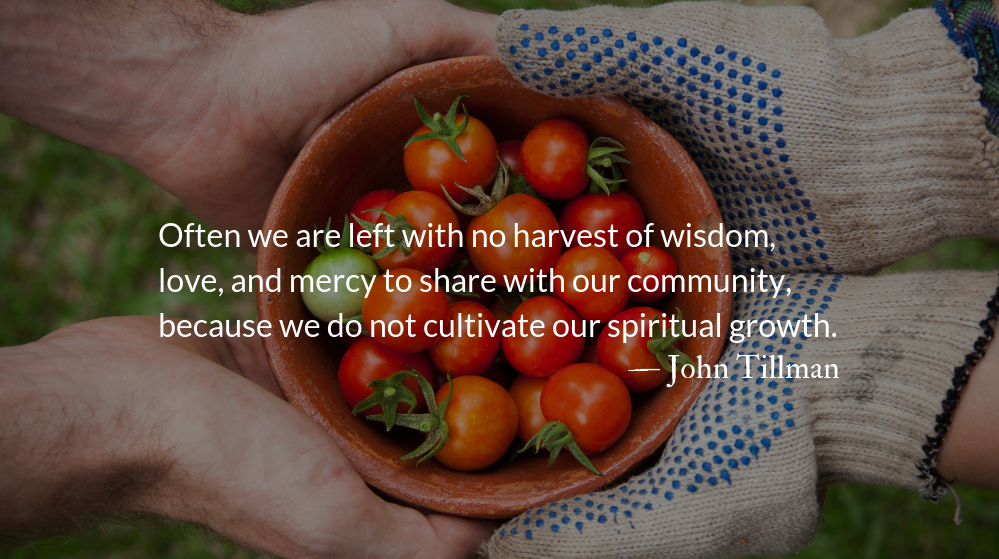Scripture Focus: Matthew 11:20–24
Then Jesus began to denounce the towns in which most of his miracles had been performed, because they did not repent. 21 “Woe to you, Chorazin! Woe to you, Bethsaida! For if the miracles that were performed in you had been performed in Tyre and Sidon, they would have repented long ago in sackcloth and ashes. 22 But I tell you, it will be more bearable for Tyre and Sidon on the day of judgment than for you. 23 And you, Capernaum, will you be lifted to the heavens? No, you will go down to Hades. For if the miracles that were performed in you had been performed in Sodom, it would have remained to this day. 24 But I tell you that it will be more bearable for Sodom on the day of judgment than for you.”
Originally published on February 17th, 2023, based on readings from Matthew 11.
Readers’ Choice posts are selected by our readers:
Jason, Austin, Texas — “Clinging to my unbelief” really spoke to me. It hadn’t thought about it like that.
Brad, Texas — From woe to wow. That’s a zinger.
Reflection: Woe, Whoa, Wow — Readers’ Choice
By John Tillman
Keanu Reeves made “whoa” famous. Owen Wilson did the same for “wow.” These words express a sense of amazement and wonder. (Or sometimes a sarcastic lack of wonder.)
Jesus repeatedly says something that sounds similar: woe. These woes are statements of judgment, not amazement. However, as Jesus reluctantly pronounced judgment on these cities he was amazed. Despite all he showed them, including miracles and healings, people didn’t believe. Jesus said to them, as God said to ancient Israel and Judah through the prophets, “What more could I have done? Why will you stubbornly refuse to believe?” (Ezekiel 33.11)
Often, our culture thinks faith is something one must cling to without a shred of surety. We want “evidence,” “proof,” or “a sign” to believe God. Even believers want signs. We want “proof” that good things will happen when we step out in faith to witness, change jobs, or give sacrificially.
Faith can be clung to, like a life raft, in a sea of doubt. (And aren’t we glad it can?) But unbelief can also be clung to in a sea of evidence. We should ask ourselves if we are clinging to doubt. Are we using a demand for certainty to fend off faith?
The condemned towns had a special opportunity and they wasted it. They still rejected Jesus. To whom much is given, much is expected. (Luke 12.47-48) We might wish that we had the same opportunity they had: to see Jesus in the flesh, to see healings, etc. But Jesus also said, “To those who are faithful with a little, more will be given.”
If we are faithful with what we are given, we will see more. There are many things given to us so that we may believe. But the best two to focus on are the Bible, a miracle you can hold in your hands, and prayer, our miraculous heart-to-heart connection with God. How we steward these gifts may affect what other signs we see. Maybe the reason we don’t see evidence of the next step of faith, is because we haven’t taken the step that we have been shown?
Also, perhaps your stepping out in faith to act is the evidence someone else needs. Just prior to this chapter, Jesus sent his disciples out to the towns with miracles, messages, and peace. To whom might Jesus be sending you?
Perhaps your faithful obedience can take them from “woe” to “wow.”
Divine Hours Prayer: The Call to Prayer
Worship the Lord in the beauty of holiness; let the whole earth tremble before him. — Psalm 96.9
Today’s Readings
Judges 21 (Listen 3:47)
Hebrews 8 (Listen 2:22)
Read more about Jesus with Axe and Fire
John the Baptist describes a Christ who stands ready with both axe and fire.
Read more about Supporting Our Work
People around the world receive our devotionals because of the generosity of donors just like you. Please consider becoming a donor.










